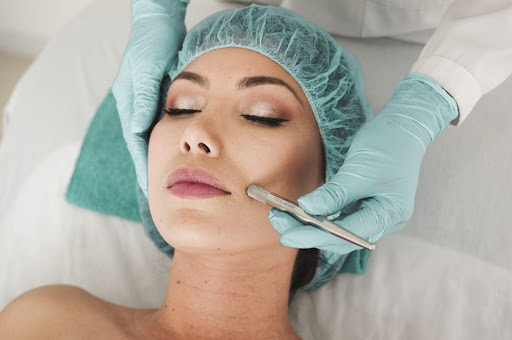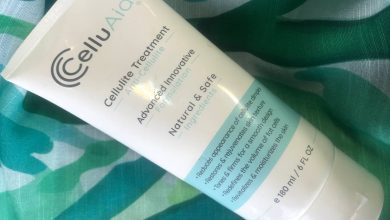An FAQ Guide To Cosmetic Skin Treatments

There are many misconceptions and stereotypes about cosmetic treatments and surgeries, but how much do we really know about these procedures? If you are considering a cosmetic skin treatment or simply want to gather some facts to inform your future plans, here is a comprehensive guide with all your questions answered.
Table of Contents
Where do cosmetic treatments happen?
Depending on the nature of the procedure, your cosmetic skin treatment can take place in a hospital setting or a skin clinic. Liberty Belle Skin Centre is a renowned Melbourne skin clinic with clinicians and health professionals conducting treatments within the clinic, although other skin clinics do not have medical staff and will not be able to conduct the treatment there. If you are undergoing something more invasive or treatments that happen concurrently, you may be referred to a medical centre for the procedure. Get clear on whether you want a treatment or a medical procedure, and then ask your chosen skin clinician where this will happen.
What constitutes a cosmetic treatment?
Is it invasive or non-invasive? How do you know what constitutes a cosmetic treatment and how do you find out what beauty services are available? Your preferred skin clinic will be able to walk you through the treatments available, based on your areas of concern. Cosmetic treatments, and general medical procedures, are referred to as going ‘under the knife’, so you can ask what treatments are non-invasive and which ones and more involved and require surgery.
Here is a list of common cosmetic treatments that you may want to explore:
- Body contouring
- Breast augmentation
- Skin rejuvenation
- Facial rejuvenation
- Facial contouring
Are the same treatments offered to everyone?
Every person has a different nationality, lifestyle, diet, and exposure to the sun. As a result, we all have different areas of concern. Generally speaking, all treatments are available to all people, but pigmentation is going to be more prominent for individuals of certain skin types. Similarly, older clients are going to face issues like dull skin, lined skin and sun damage, whereas a younger client may be looking to reduce acne scars and blemished skin. Seek clinical advice and ask what concerns can be treated with products or treatments.
Do cosmetic treatments last forever?
The longevity of cosmetic treatment will depend on what you are having done, and the post-care that you commit to. Surgery will typically be a permanent procedure, whereas Botox and fillers are going to only last a matter of months. Skin procedures can last even less and might simply target a temporary issue. Be sure to ask all the relevant questions to ensure you are paying for something that is going to relieve your concerns and to avoid disappointment when the effects of a cosmetic treatment fade away. Also, ask what products and care you can take to increase the longevity of the treatment.
Are cosmetic treatments claimable on health insurance?
There is a huge variation in the quality and cover of health insurance, but you would be hard-pressed to find an insurance provider who covers your wish list of cosmetic treatments. Your insurance will generally only cover treatments that are “medically required”, and you will need to prove that to your provider through the recommendation of your health professional.
Breast reconstruction can sometimes be covered on health insurance following a mastectomy or other surgery that has been deemed “medically required”. You are more than welcome to explore these questions with your health insurance provider and the cosmetic clinician you have chosen.
We hope these questions have provided you with a bit more direction around whether cosmetic treatments are for you, and the route to take.
For any important information please contact us Email GadgetsNg info@gadgetsng.com
[Button id="1"]




Great delivery. Sound arguments. Keep up the great
spirit.
When you have doubts about your children’s activities or the safety of their parents, you can hack their Android phones from your computer or mobile device to ensure their safety. No one can monitor around the clock, but there is professional spy software that can secretly monitor the activities of Android phones without making them aware.
Monitor phone from anywhere and see what’s happening on target phone. You will be able to monitor and store call logs, messages, social activities , images , videos, whatsapp and more. Real-time monitoring of phones, No technical knowledge is required, no root is required. https://www.mycellspy.com/tutorials/